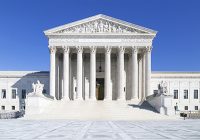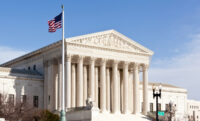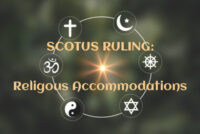Supreme Court Lowers Bar for Adverse Actions
Can an employee sue under Title VII of the Civil Rights Act of 1964 to challenge a lateral transfer, even if the transfer doesn’t result in a loss of pay? According to a recent U.S. Supreme Court decision, the answer is yes. Employers transfer employees, or take other actions, for a variety of reasons. Until […]










